

I don’t know where time passes; it was clearly Christmas yesterday, and amazingly enough, it’s Easter time. Chocolate bunnies, pretty party dresses, and yummy Sunday brunches come to mind.
I remember Easter times and Passover celebrations of the past - the ripeness, the coloring of eggs, having Easter hunts, and never knowing what I’m going to get in those little plastic eggs - some yummy jellybeans or my favorite chocolate malt balls. Getting a new Easter dress to go to my friend’s house to celebrate and drink my spicy hot tea with Sara Lee cake. Then going to my grandma's to celebrate Passover, eating all the special food, and being with my family. Such beautiful gifts I treasure and didn't really understand the significance of those magical days when my parents, grandparents, and siblings were all here to share. I think we gain a whole different perspective as we age and become matriarchs. If you’re lucky enough to have an intact family where you are freely able to share.
Both Easter and Passover have religious significance and involve rituals and traditions that are passed down through generations. Both holidays often involve gathering with family and friends for special meals and observances.
What happens when we get divorced, and one parent thinks they are divorcing the entire extended family? I’m sorry you didn’t divorce your mother-in-law and your brother-in-law with three children who have seen your children on a regular basis every family holiday and go and have sleepovers. They are your children’s friends and cousins.
The long-term effects on children and families of not being in an intact family structure and not having regular interaction with both parents, grandparents, and extended family members can be significant.
Research suggests that strong family bonds and social connections are associated with better physical and mental health outcomes. Lack of interaction with family members can contribute to increased stress, depression, and anxiety for both children and parents.
Maintaining relationships with both sides of the family after divorce helps children feel connected, supported, and loved by all family members. It provides stability, a sense of belonging, and diverse perspectives, contributing to their emotional well-being and overall development. Additionally, it fosters a broader support network for children during challenging times and helps them understand and navigate complex family dynamics.
Overall, the absence of intact family structures and limited interaction with extended family members can have long-term implications for children’s emotional well-being, social development, and overall quality of life. It underscores the importance of maintaining positive family relationships and providing support systems for children to thrive. Here are five tips to consider:
Have a Happy Easter! To me, any holiday is a good excuse to share with friends. Thank you all for the opportunity to be of service and be the beacon of light in the journey of high conflict custody.
From the Queen of Visitations,
Ilene Fletcher

To the parents and Professionals we serve
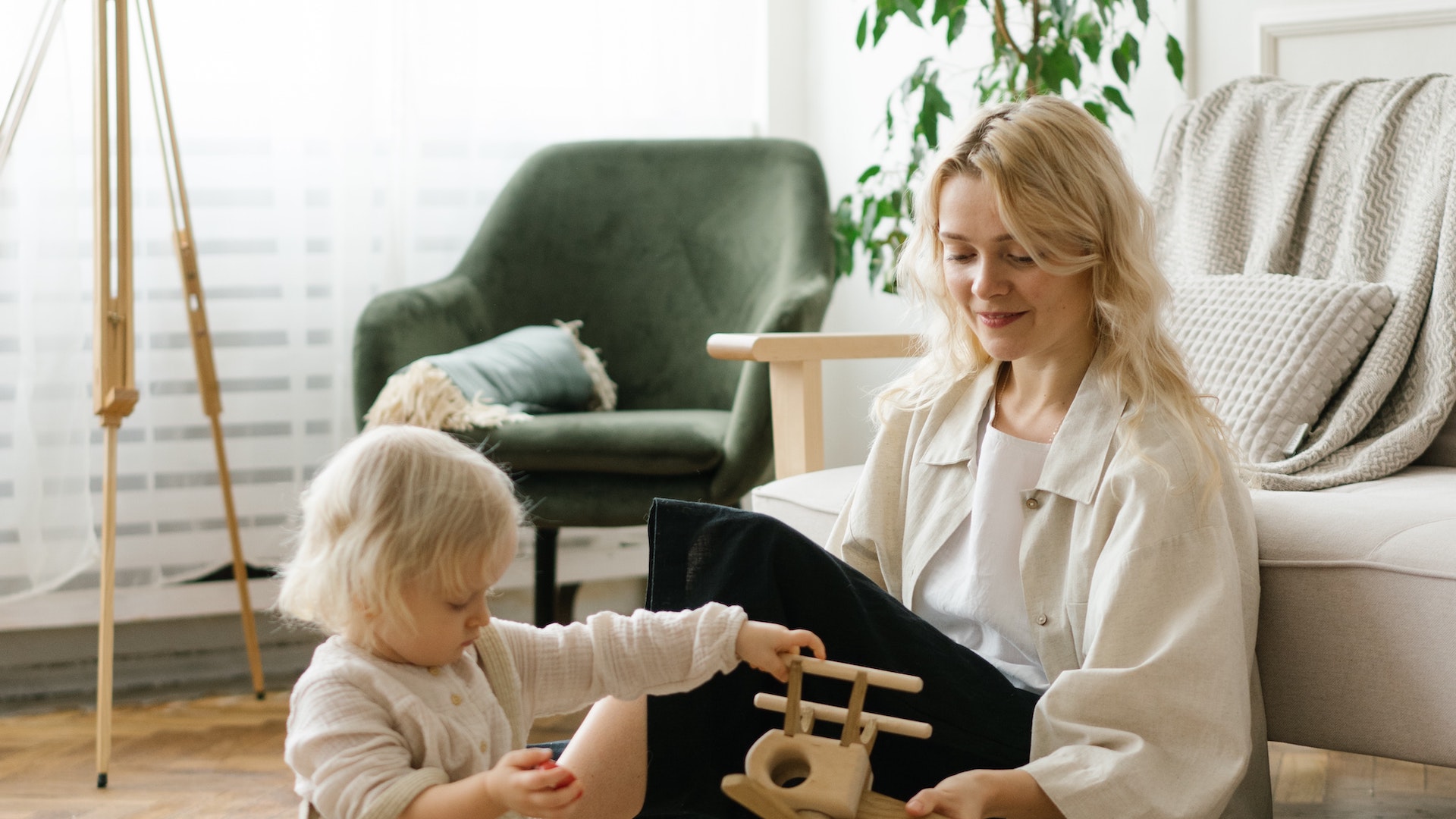
Fostering Trust and Building Strong Bonds with Your Child Amid the Legal Process
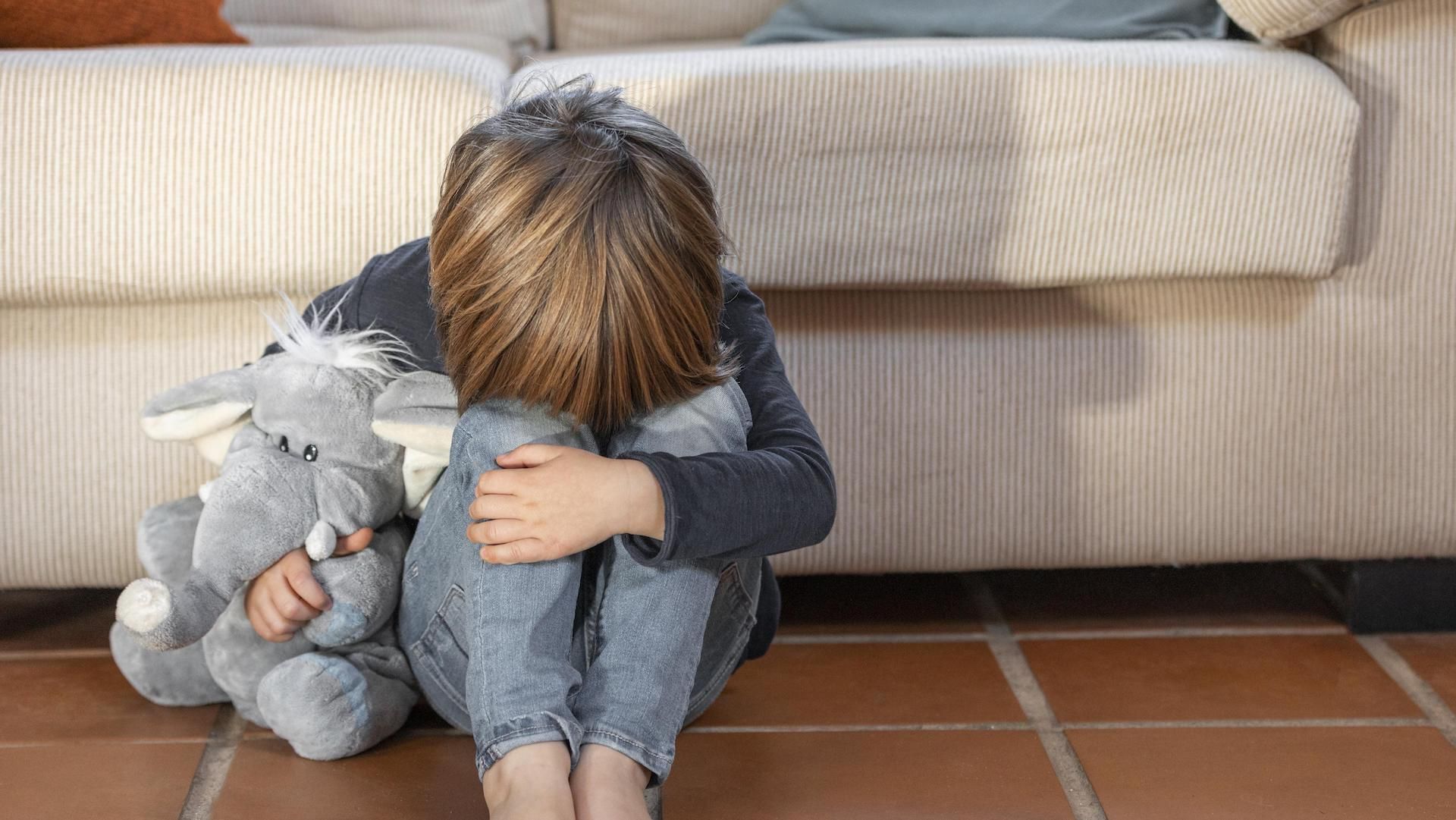
It's no secret that the impact of domestic violence on children can be devastating. These young witnesses to adult conflicts are often burdened with a myriad of feelings - confusion, fear, guilt, to name just a few.

Bridging the Gap with Fairness and Objectivity to Ensure a Safe Environment for Your Child
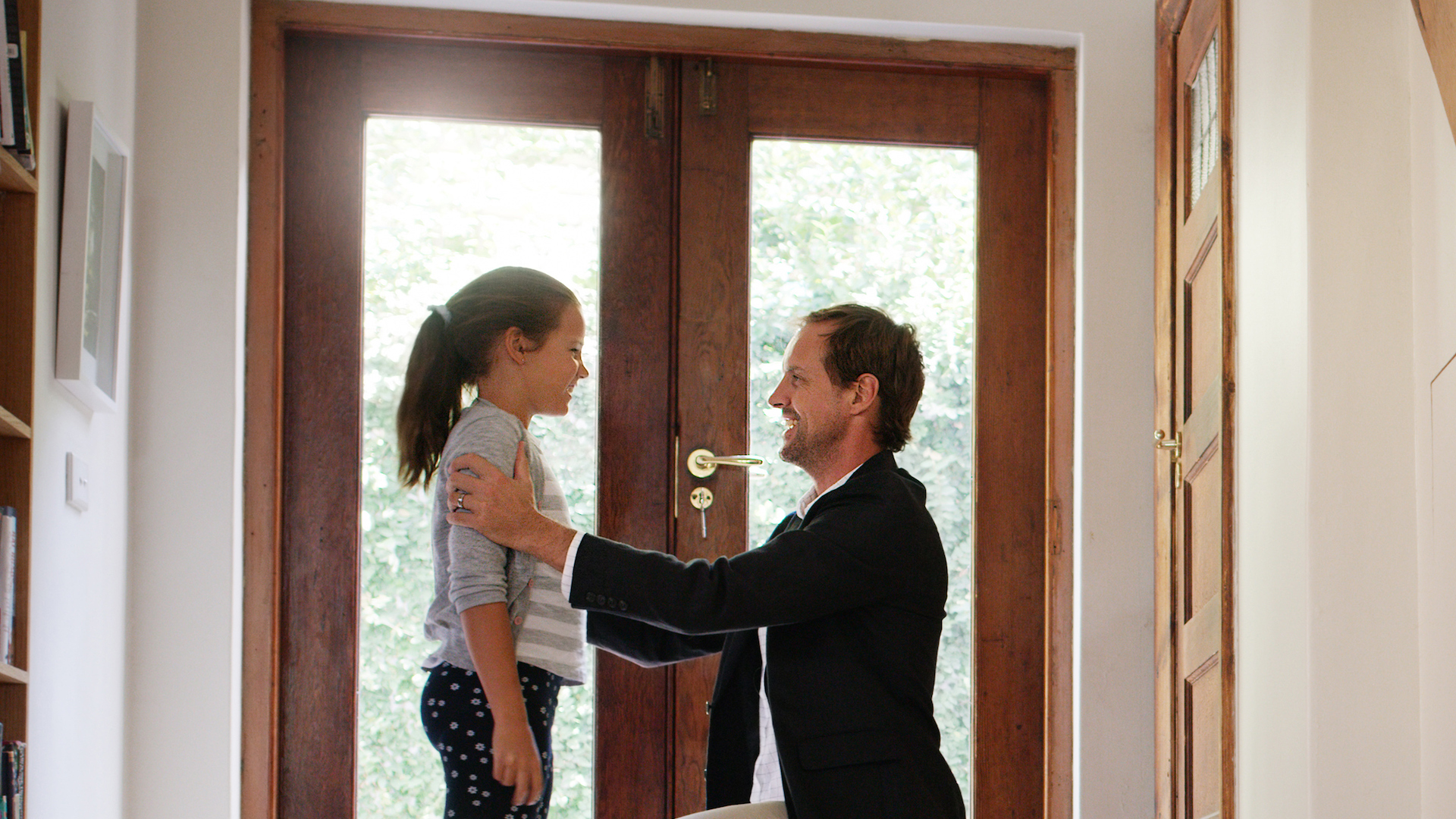
Ensuring the Child's Well-being and Fostering Safer Relationships Post-Domestic Violence

Understanding, Supporting, and Nurturing Your Child's Mental Health During and After Divorce

How Supervised Visitation Fosters Safety, Consistency, and Positive Memories to Restore Trust in Children Affected by Domestic Violence
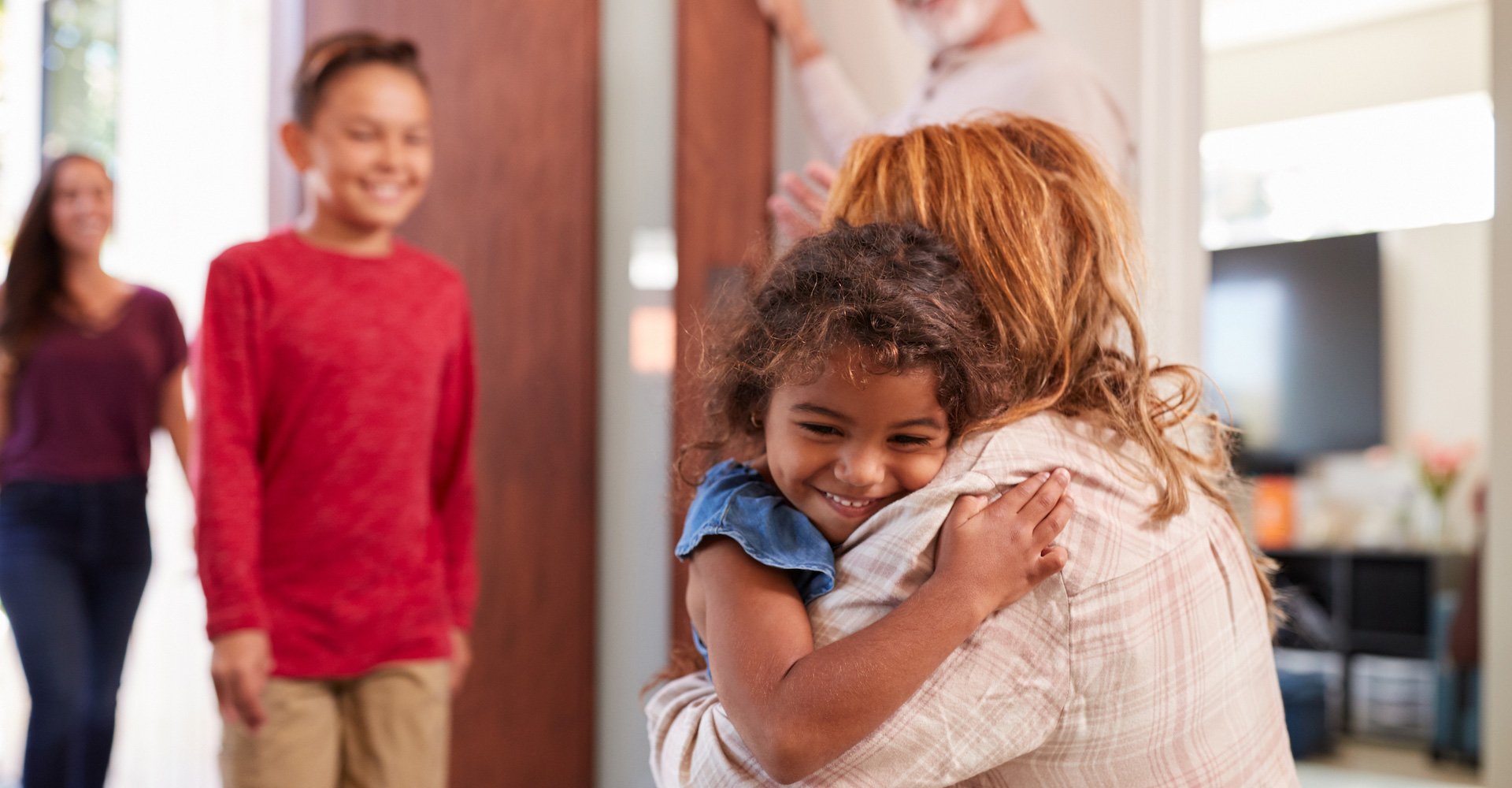
Navigating through the complex seas of custody arrangements and supervised visitations can be a challenging journey.
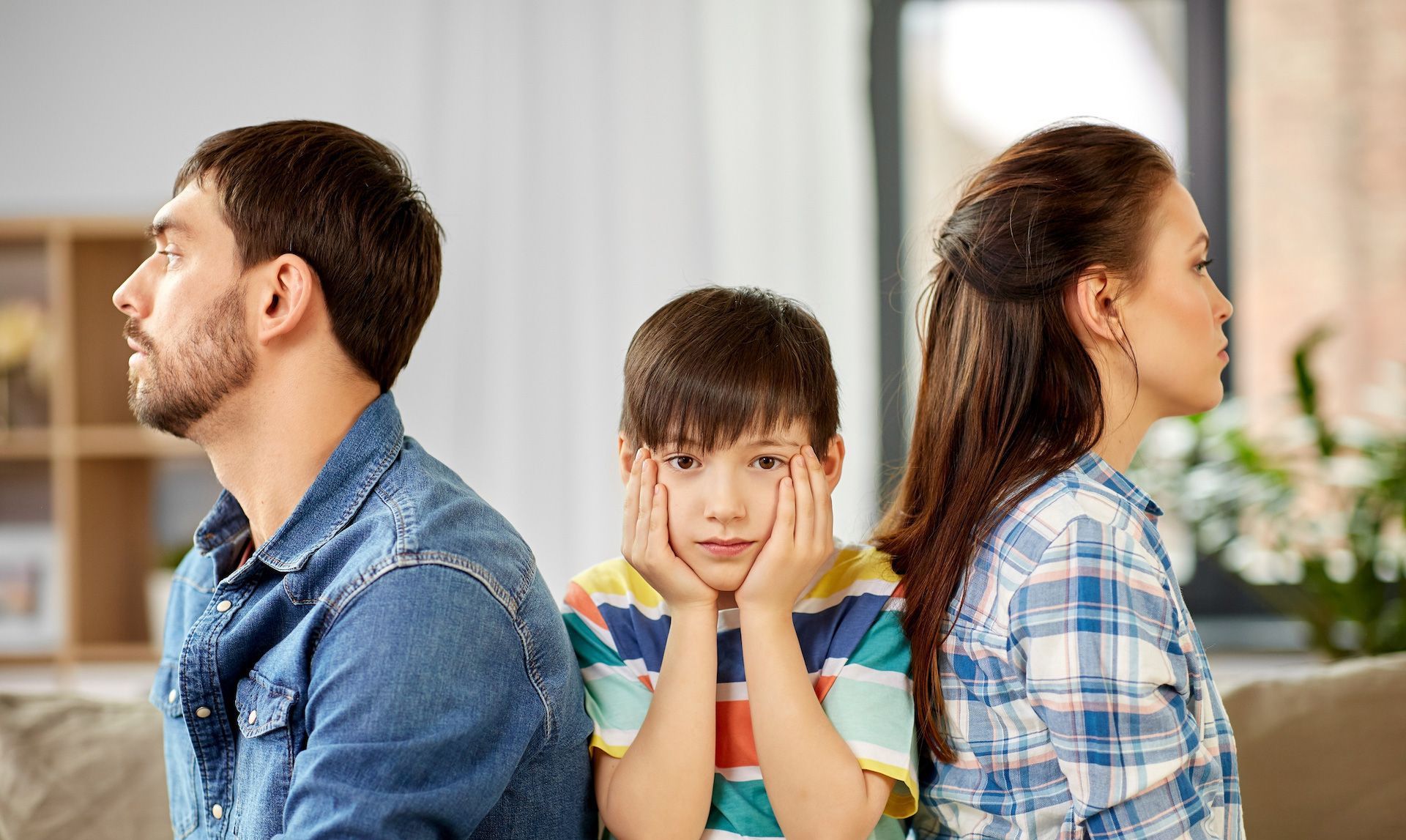
Supervised visitation involves a structured environment where noncustodial parents visit their children under the watchful eyes of a neutral third party, usually a professional monitor.
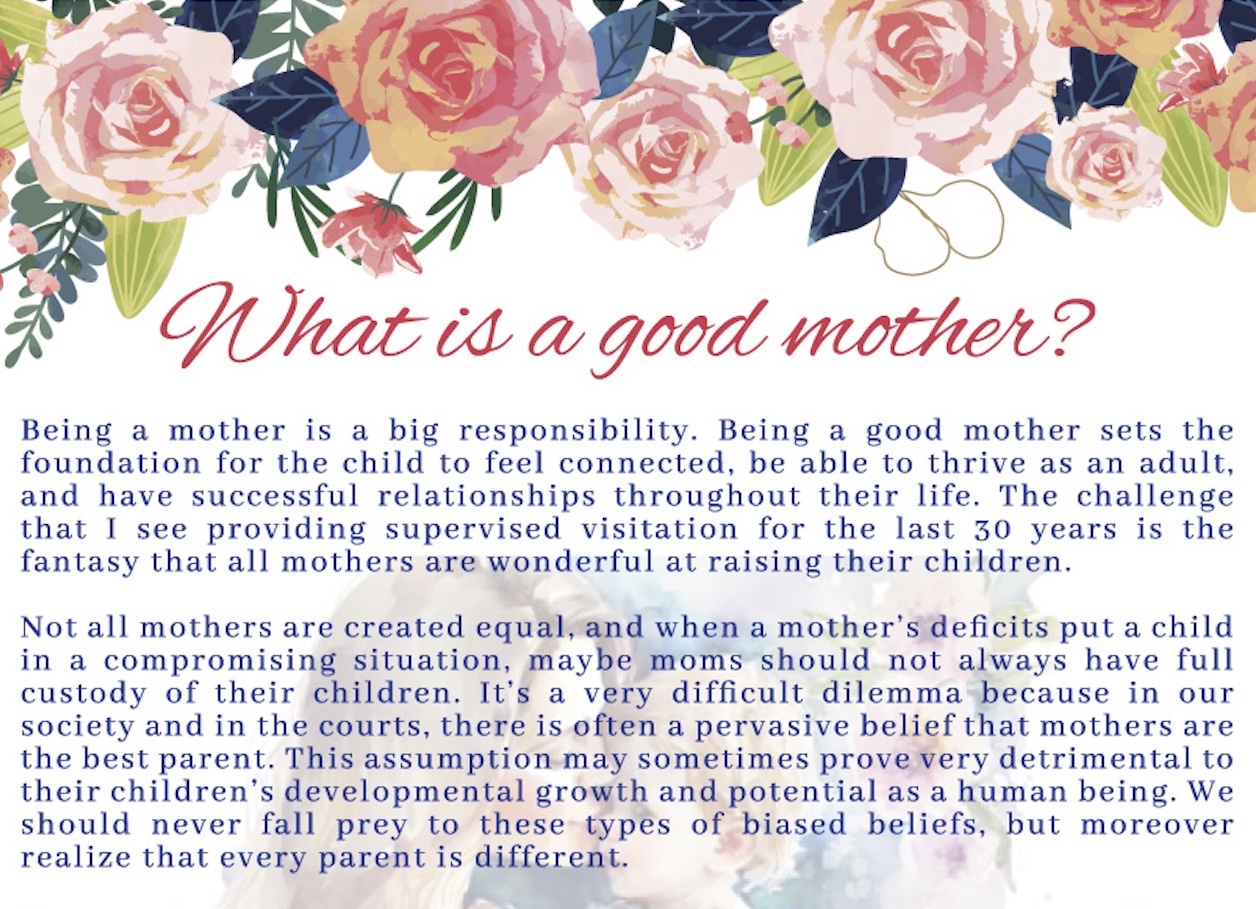
From Ilene B. Fletcher and the Staff of Family Visitation Serviced

Understanding the Prevalence and Consequences of Domestic Violence in California

How to Build a Positive Co-Parenting Relationship for Your Child's Sake

Tips for parents and professionals on reducing the negative impact of supervised visitation on children